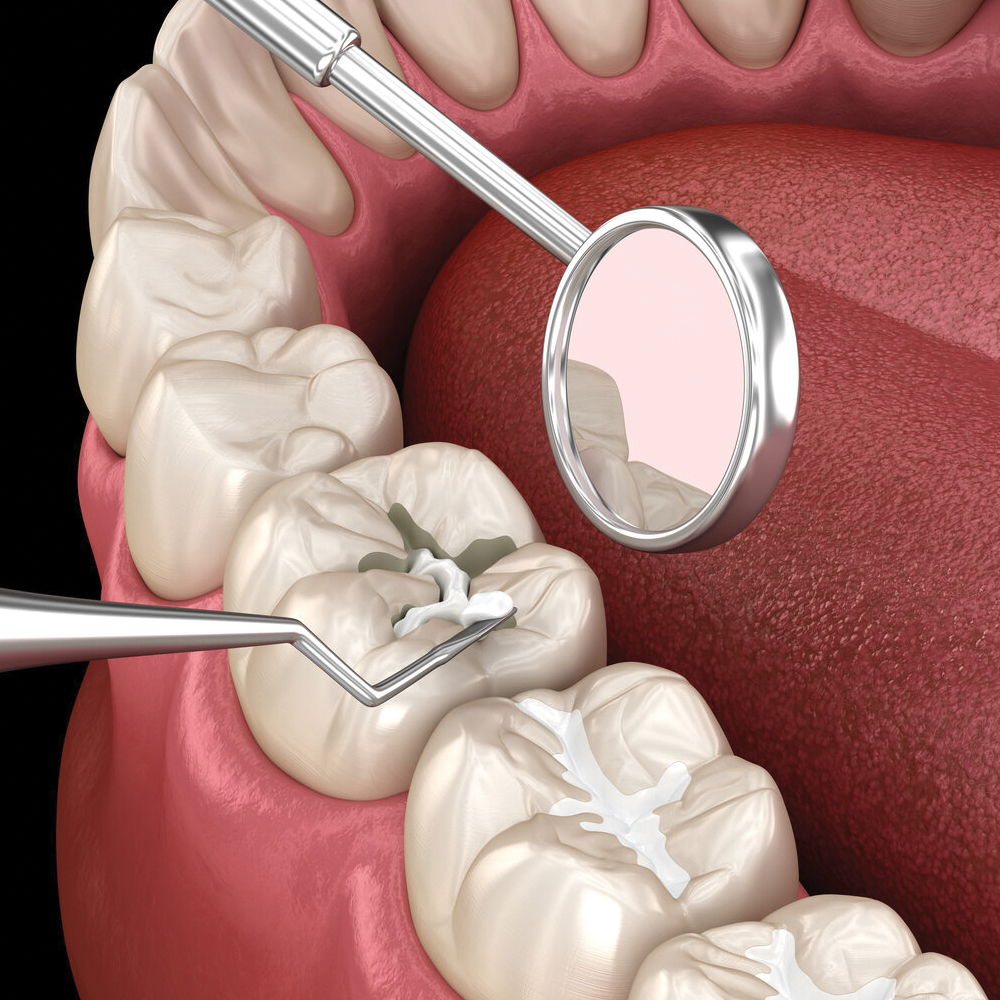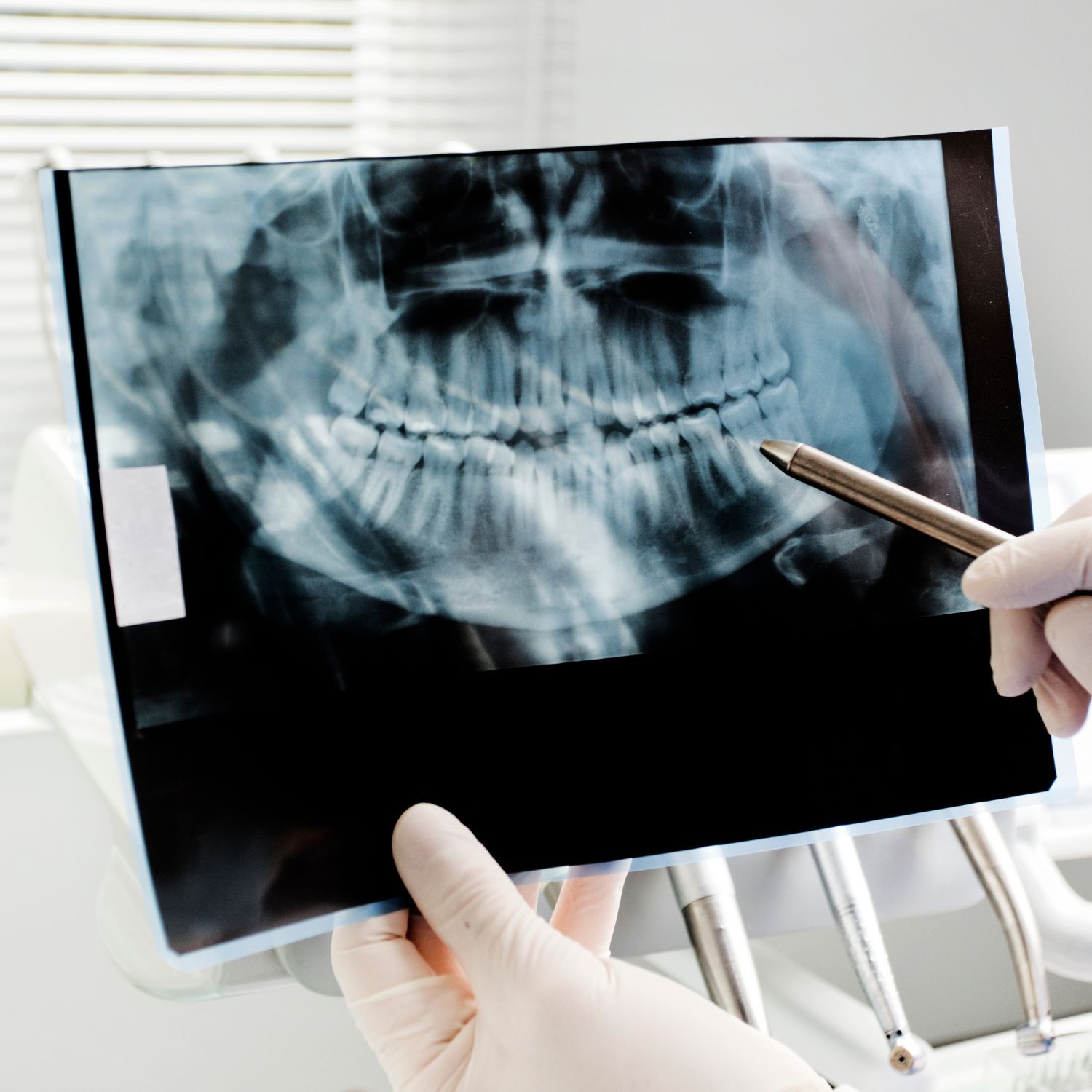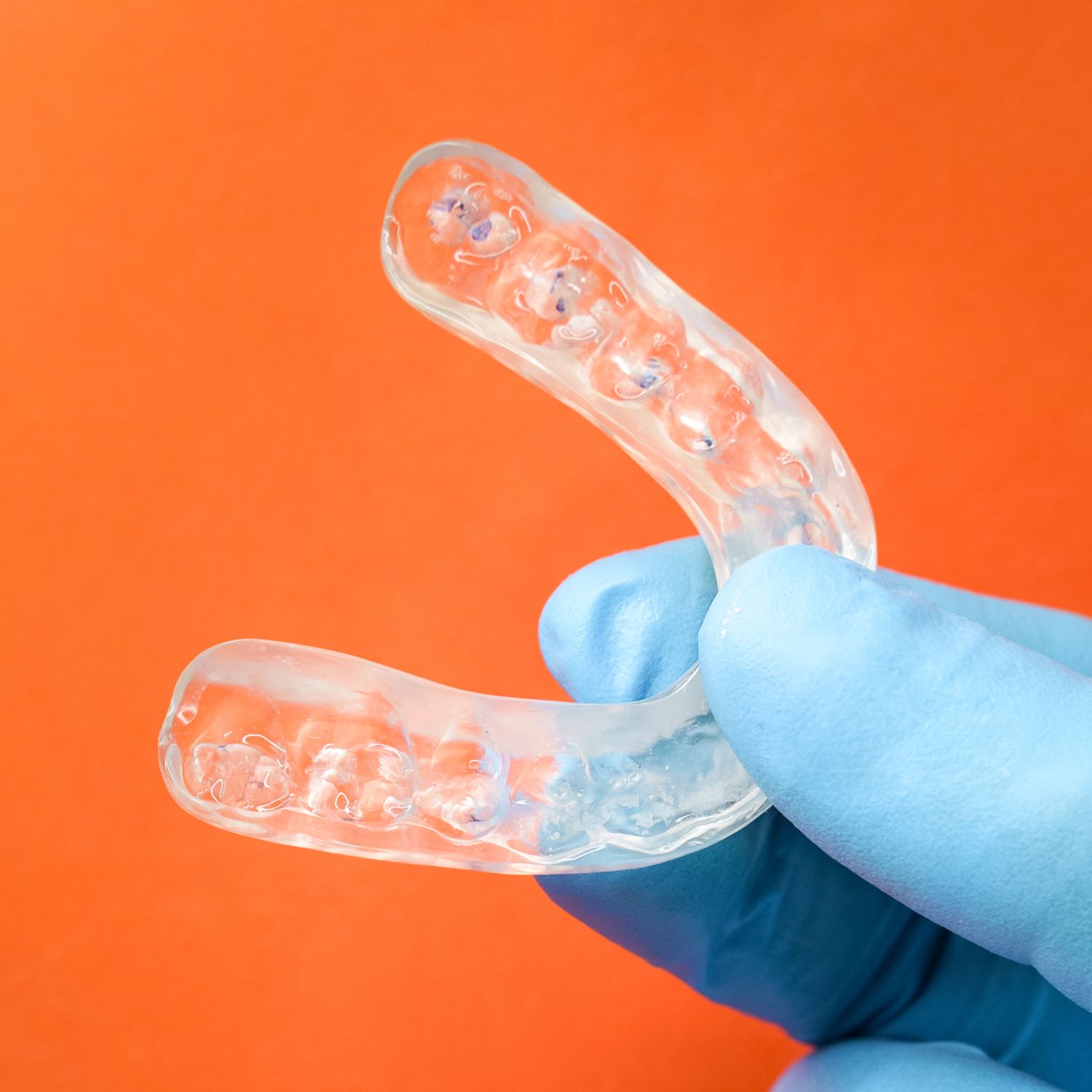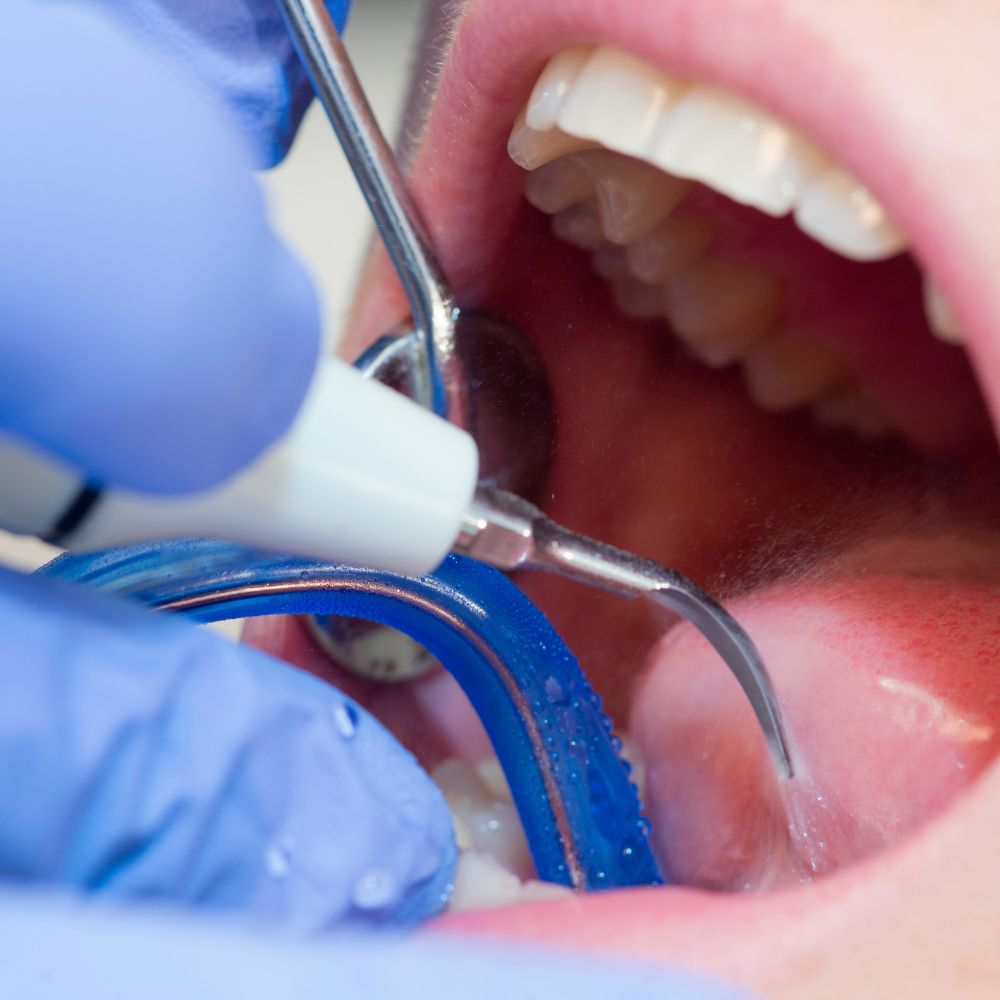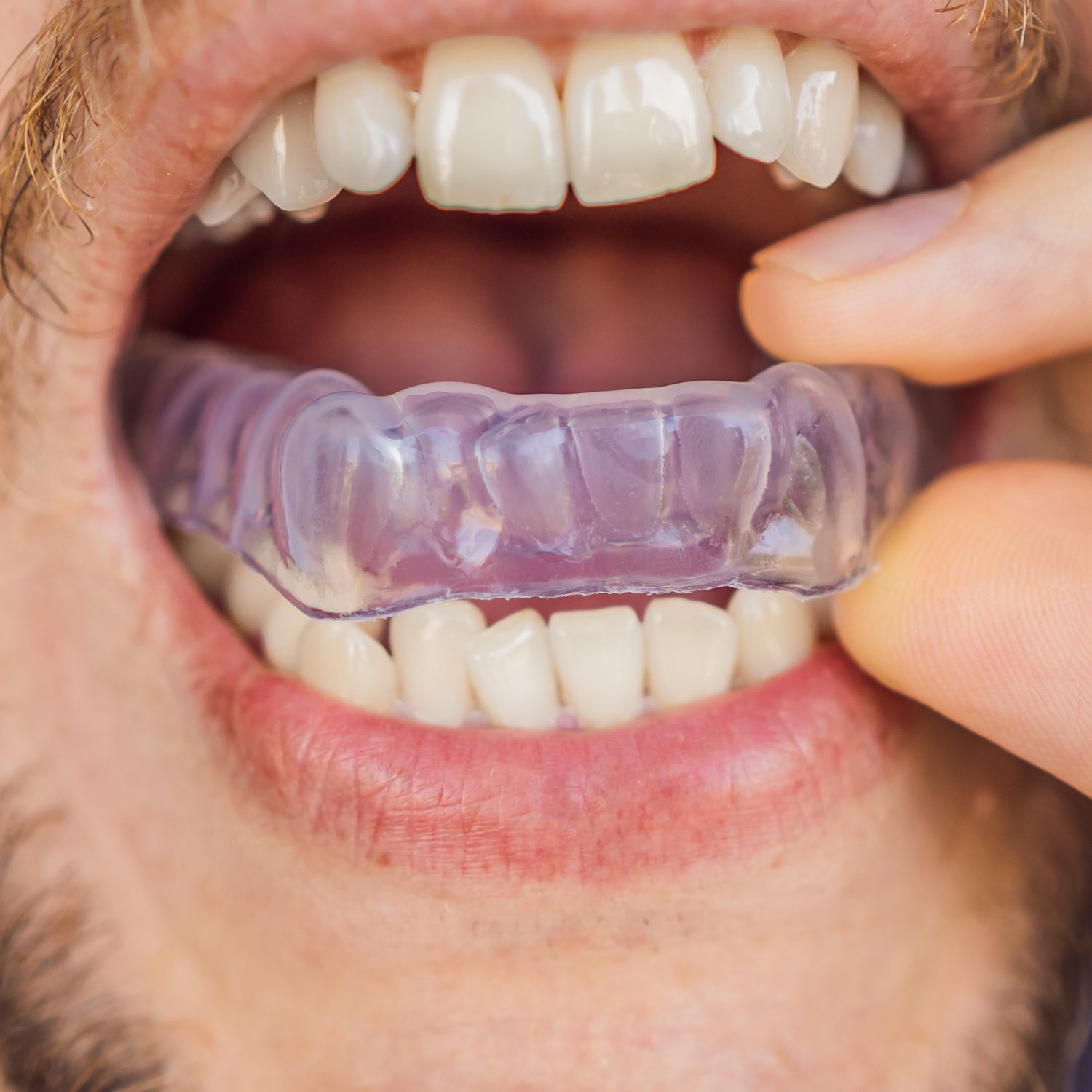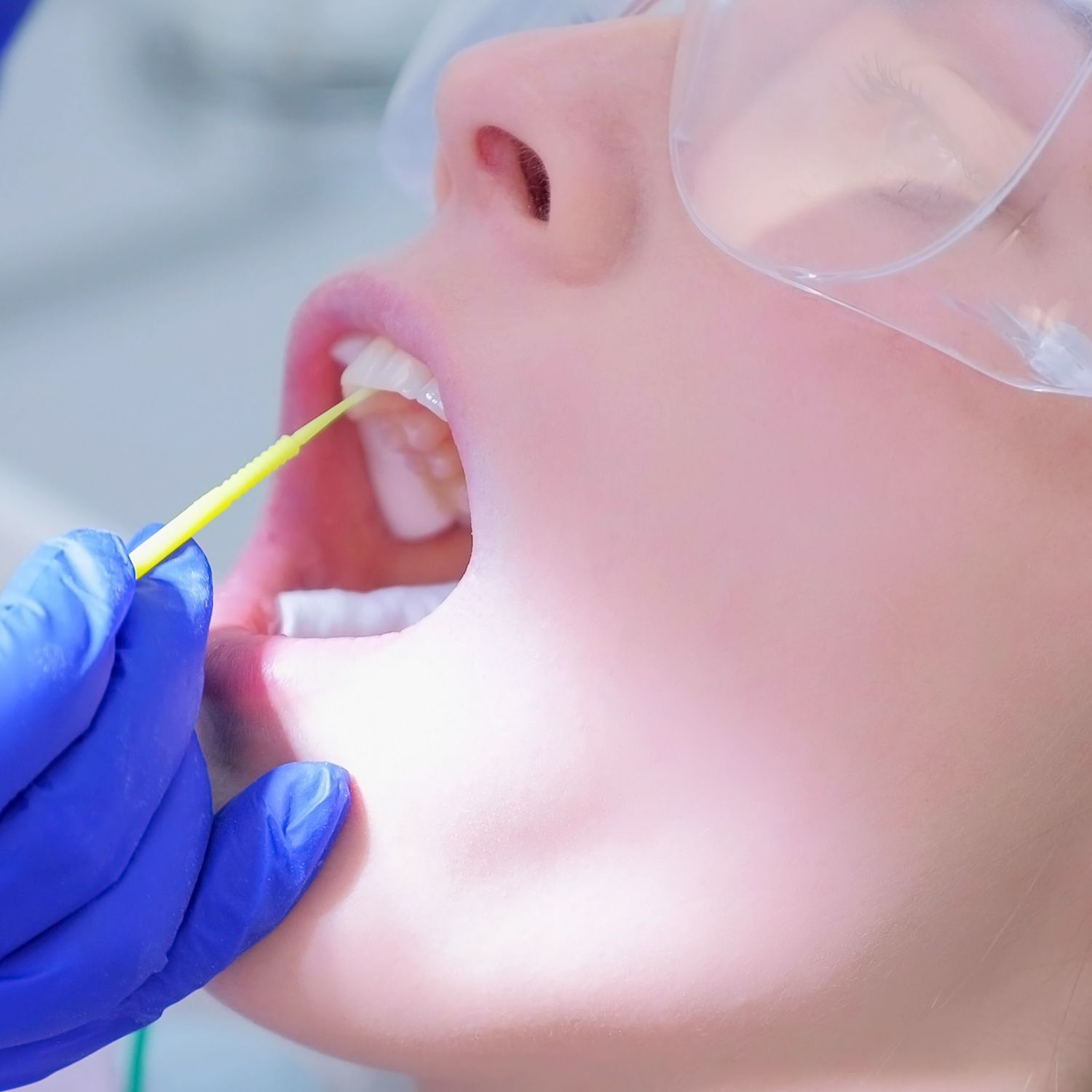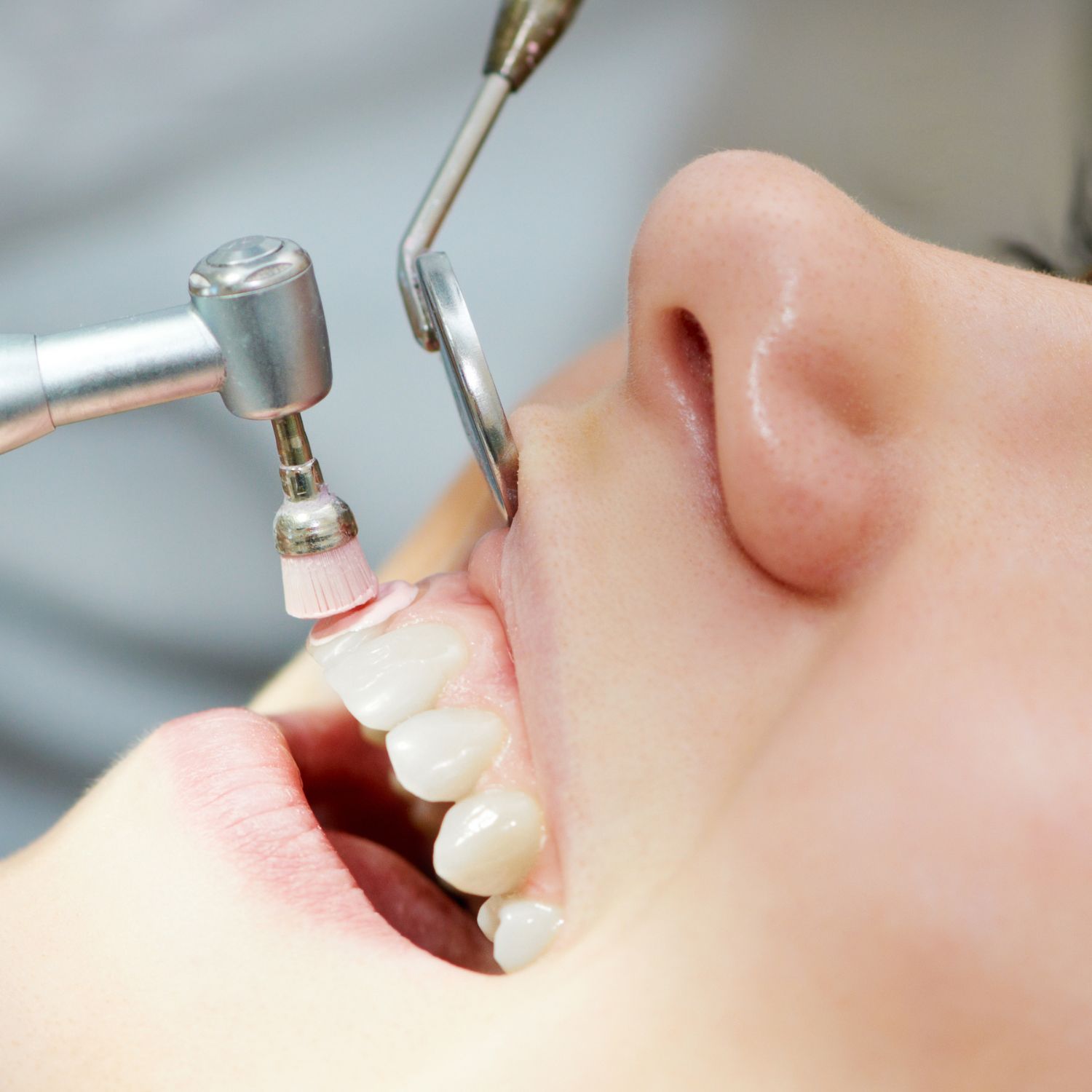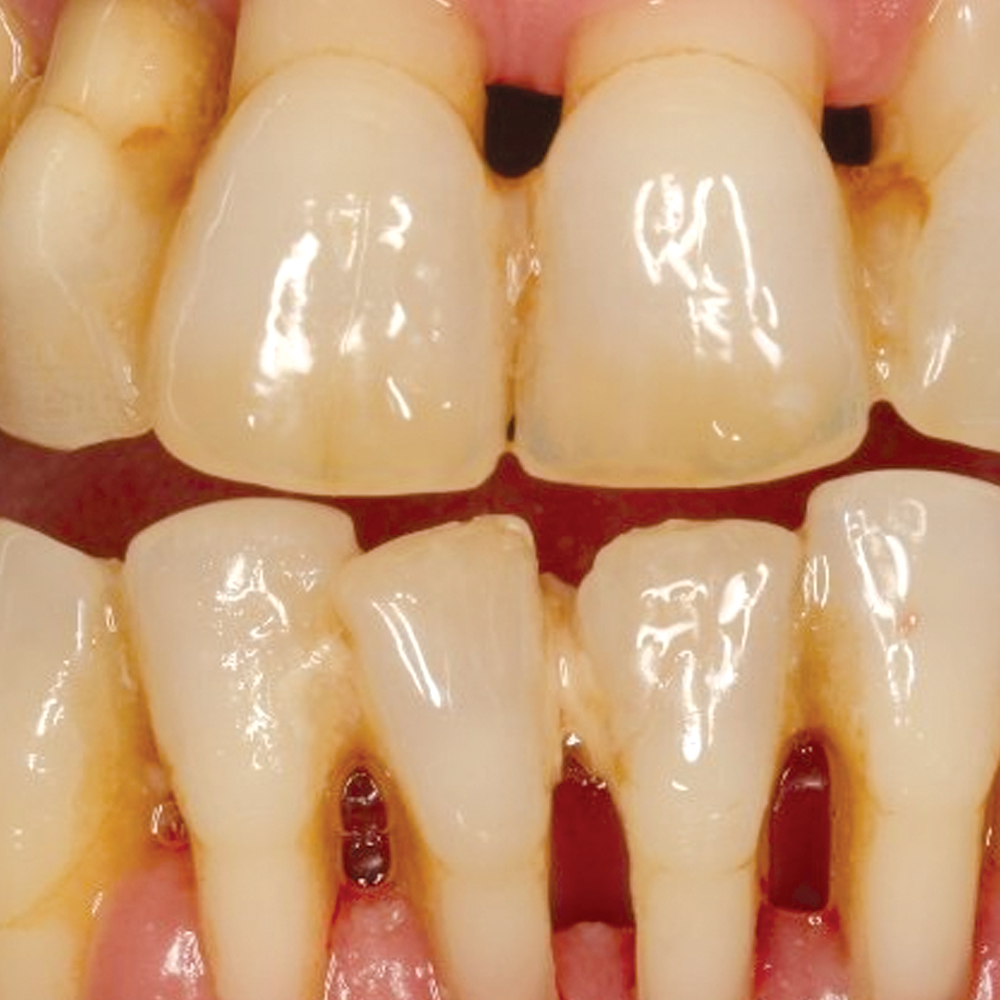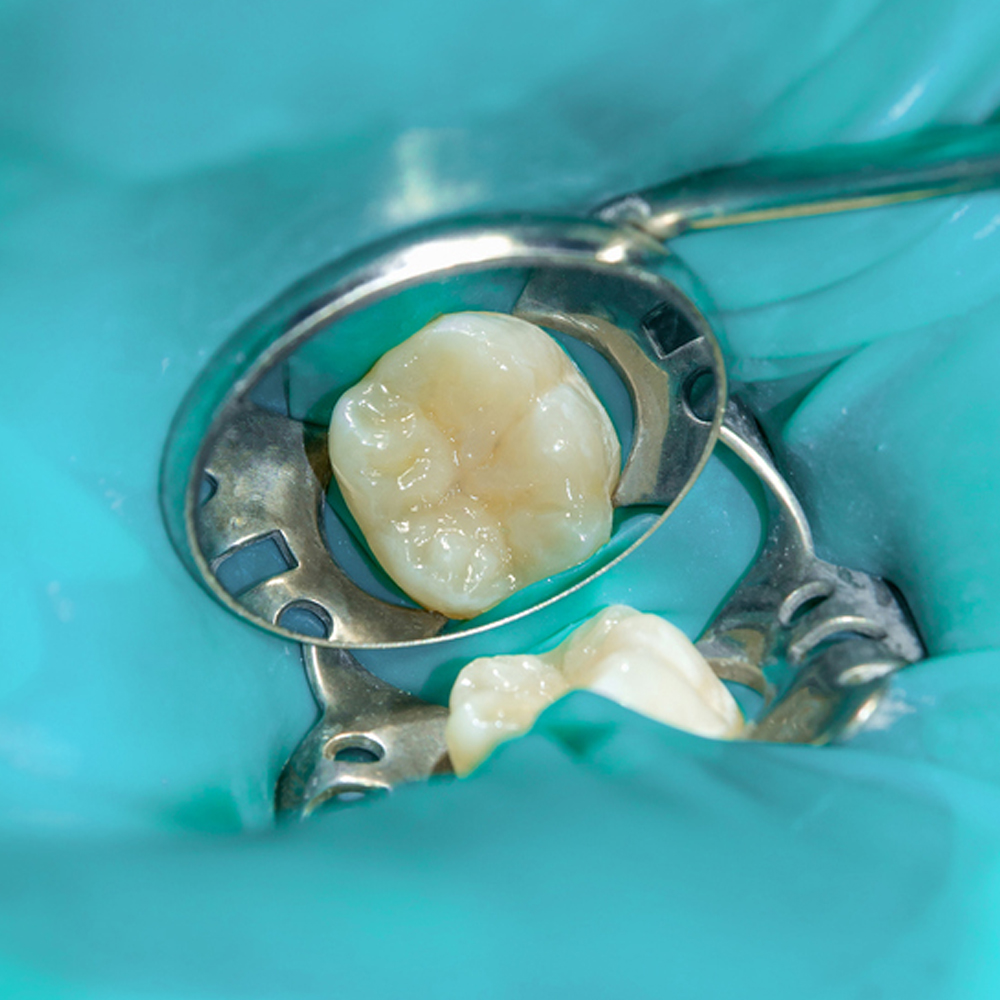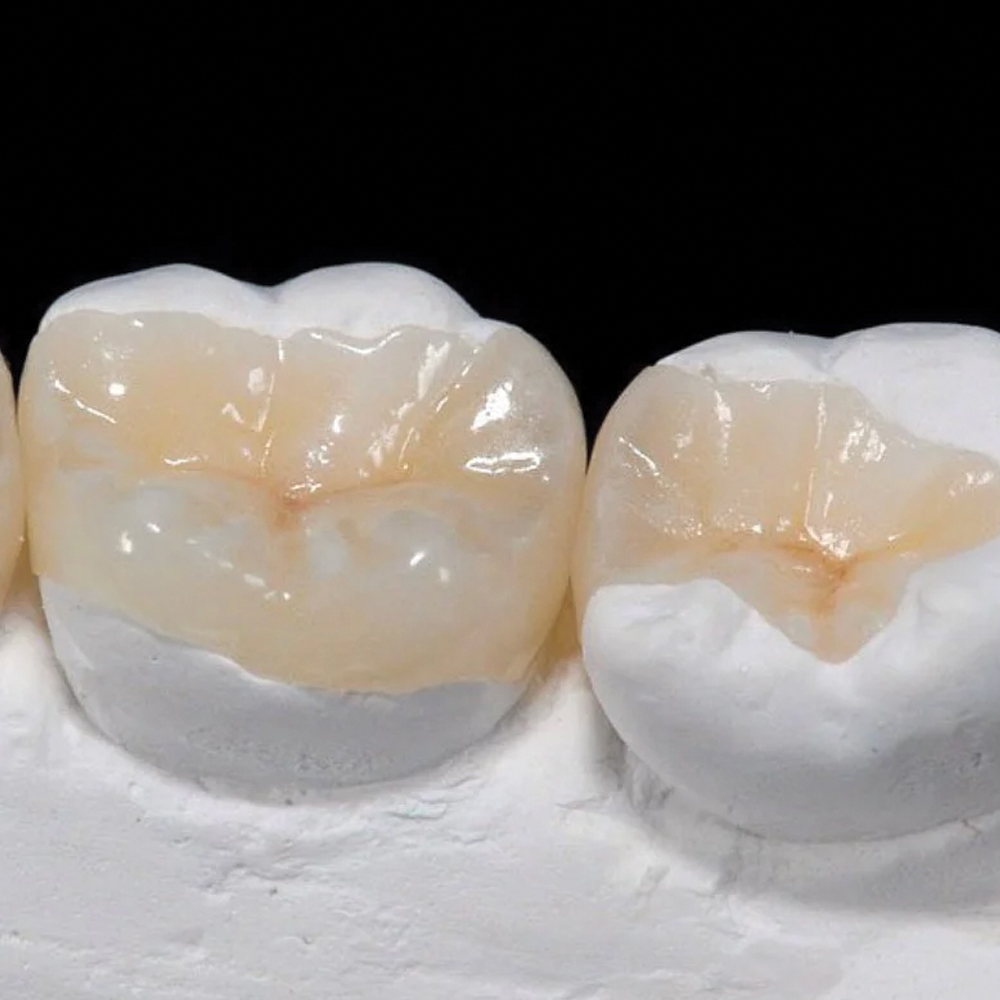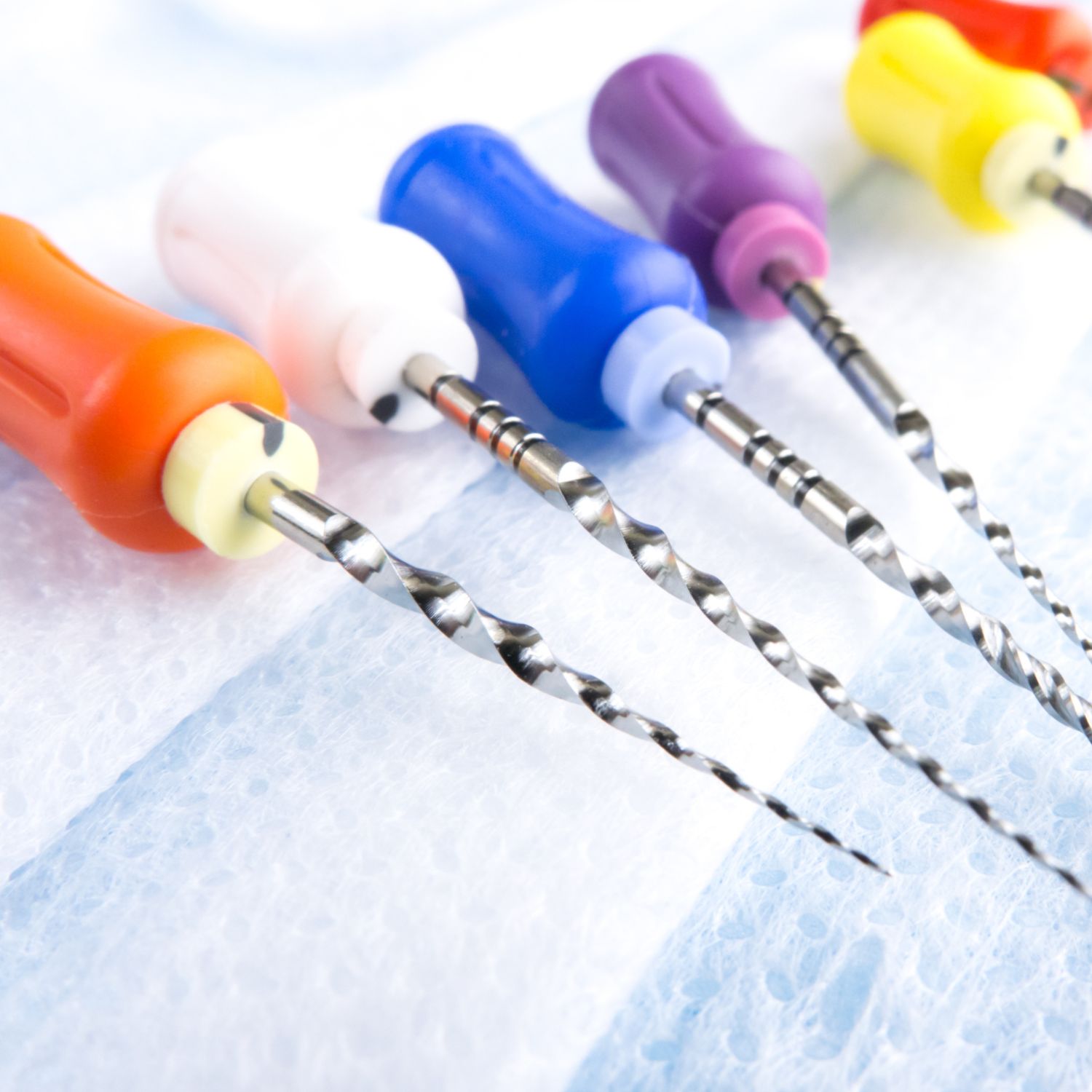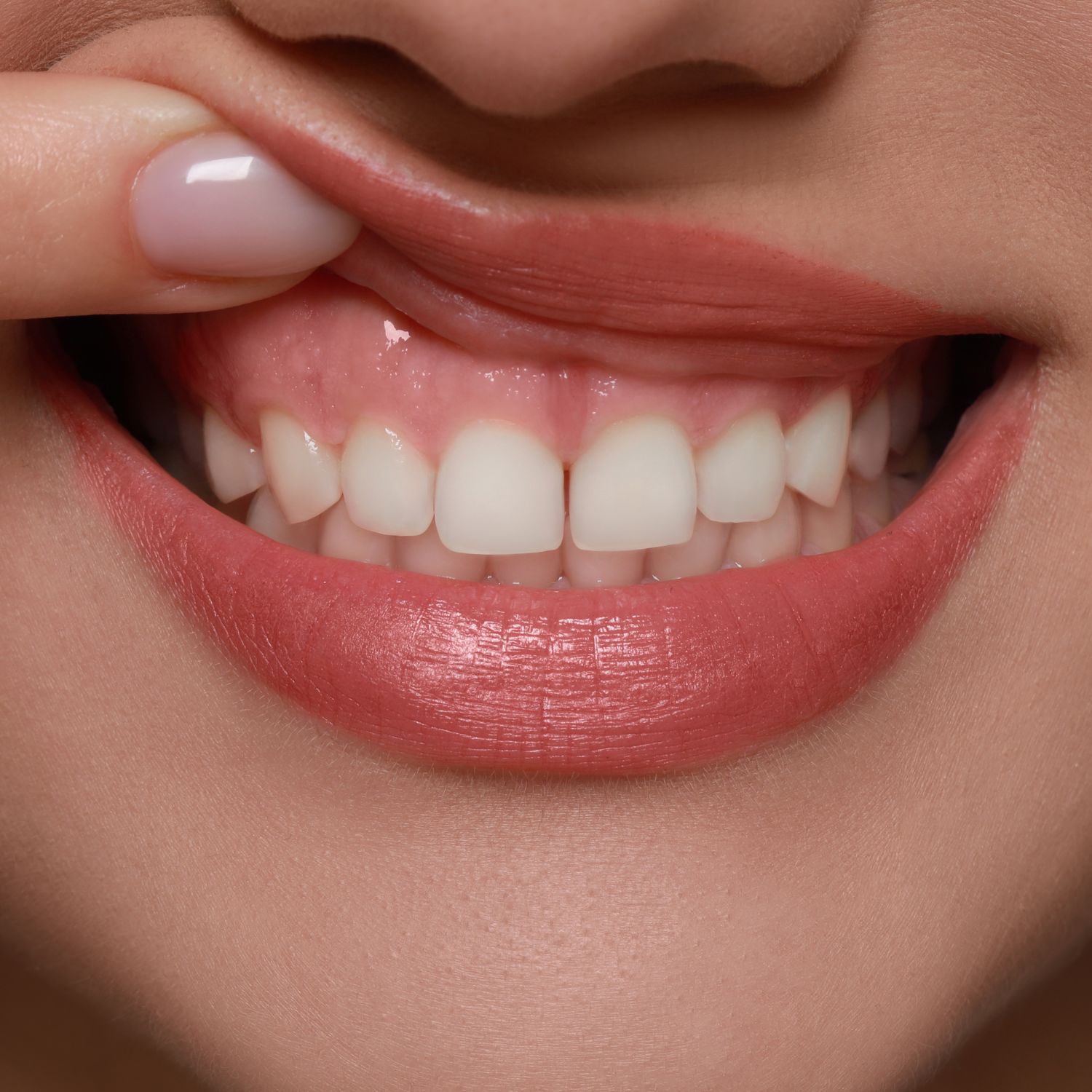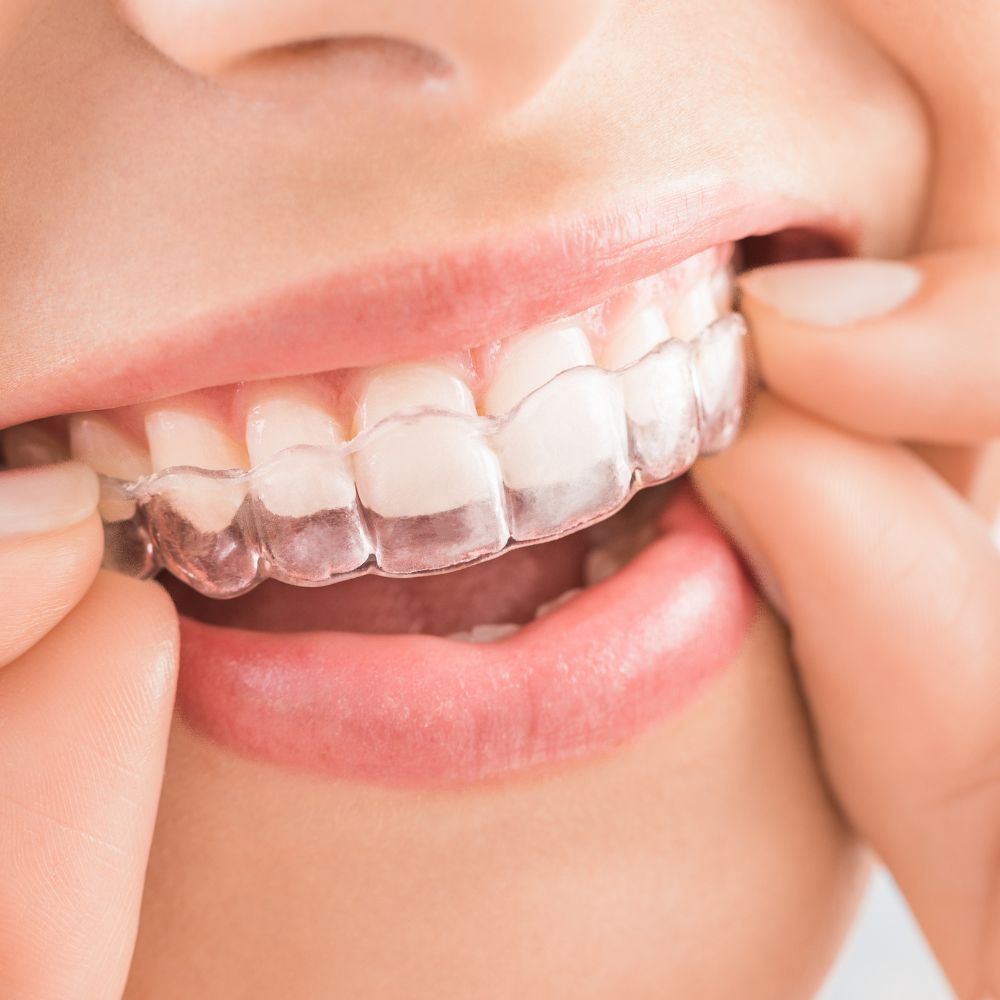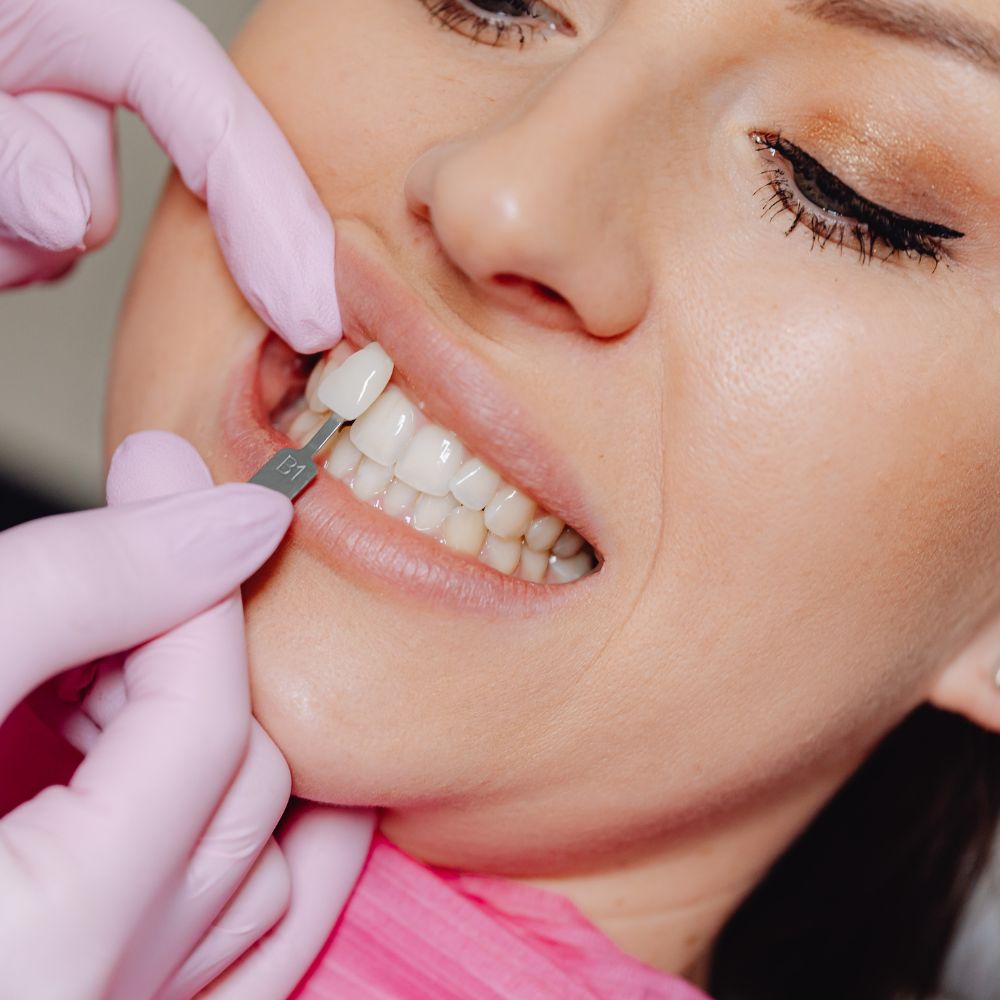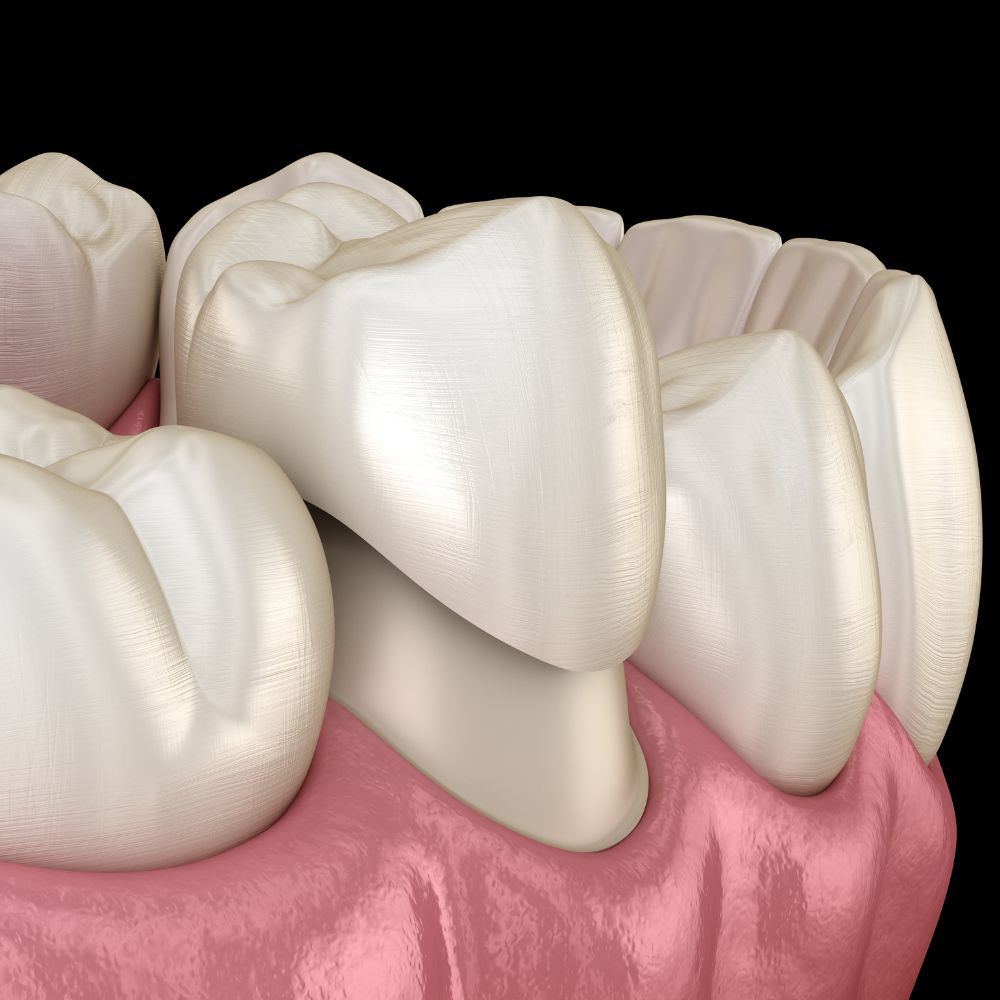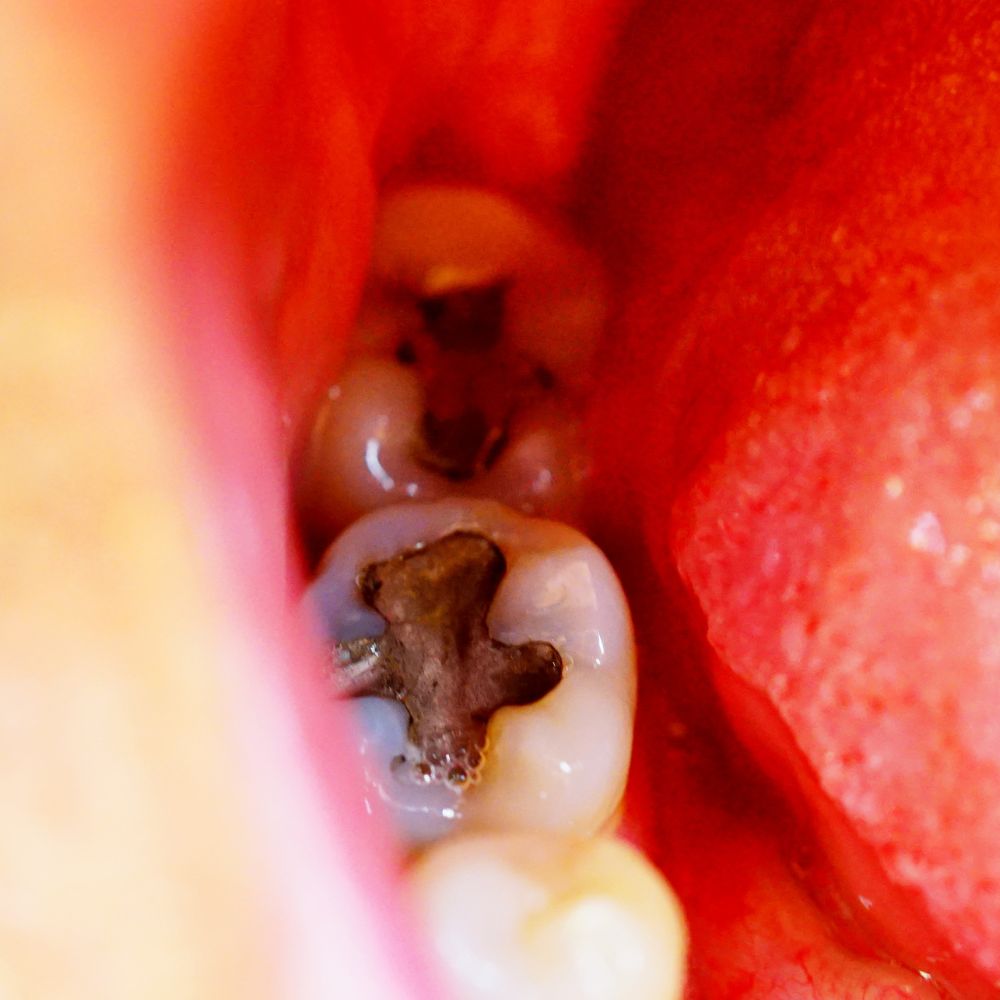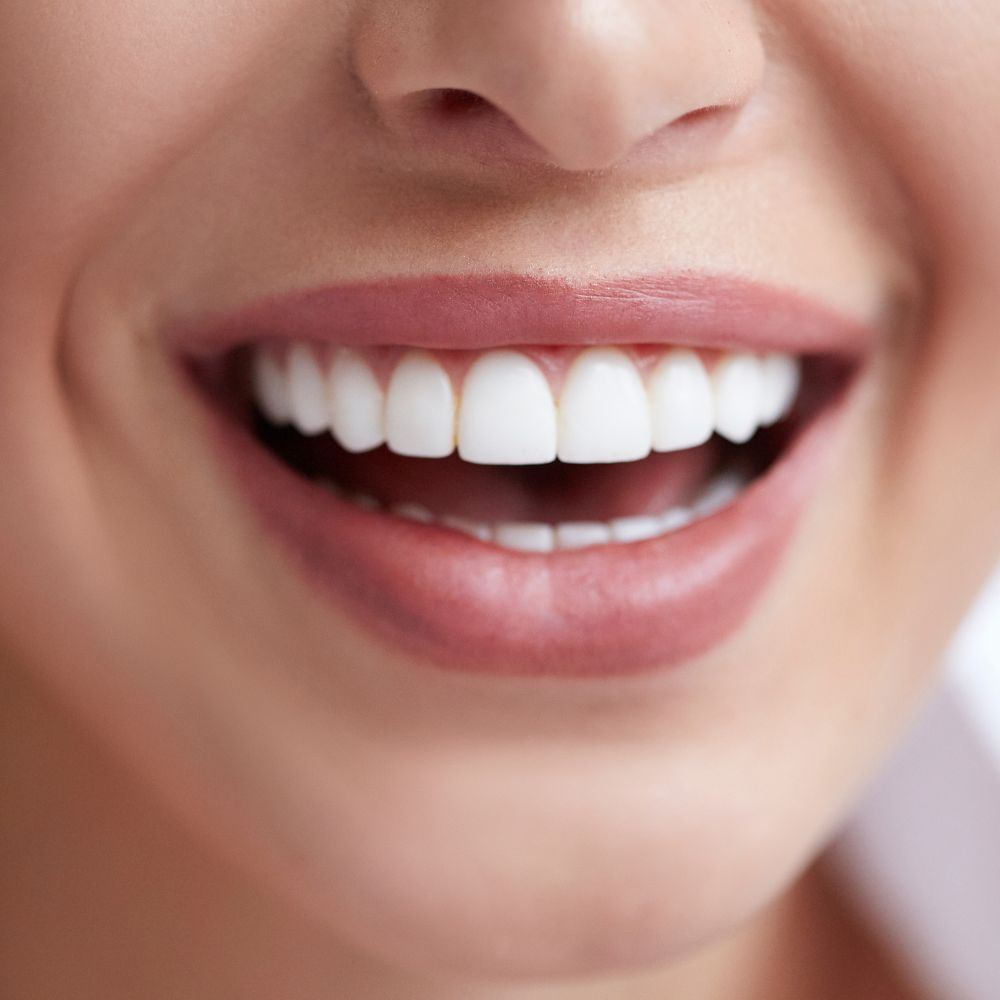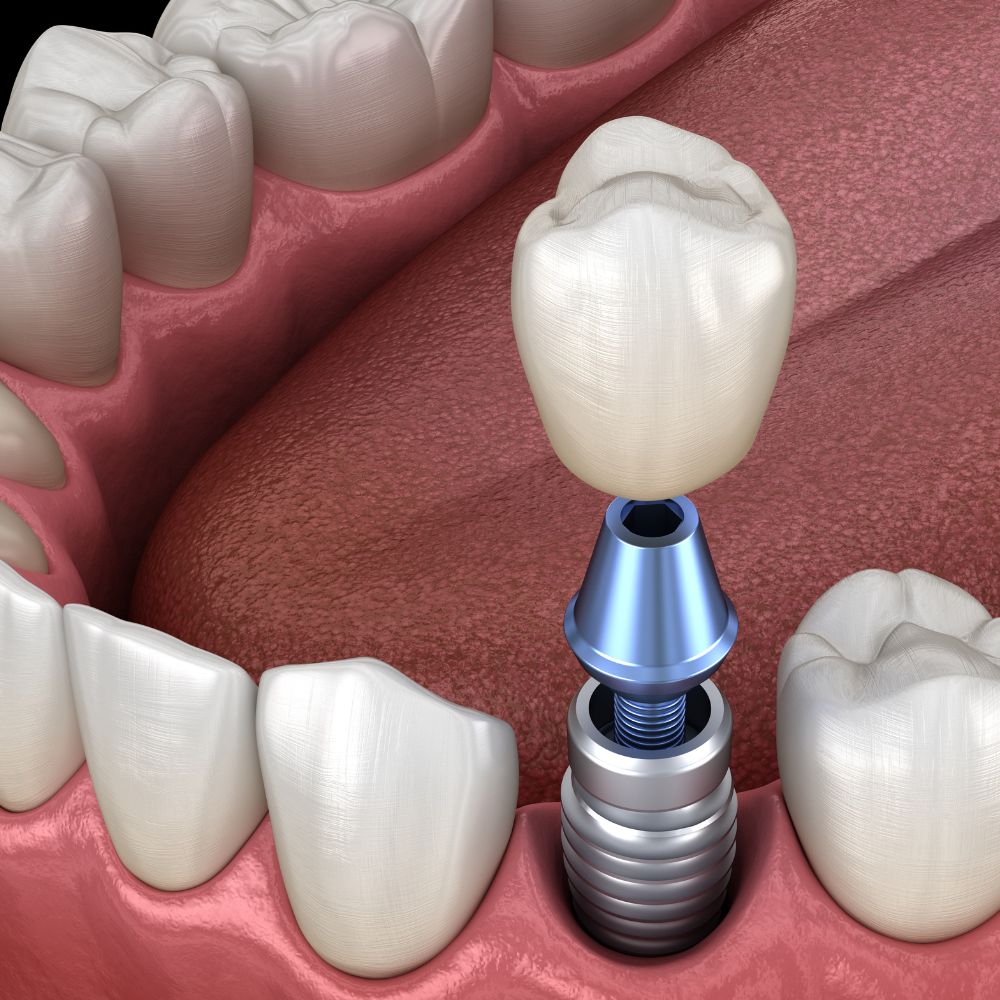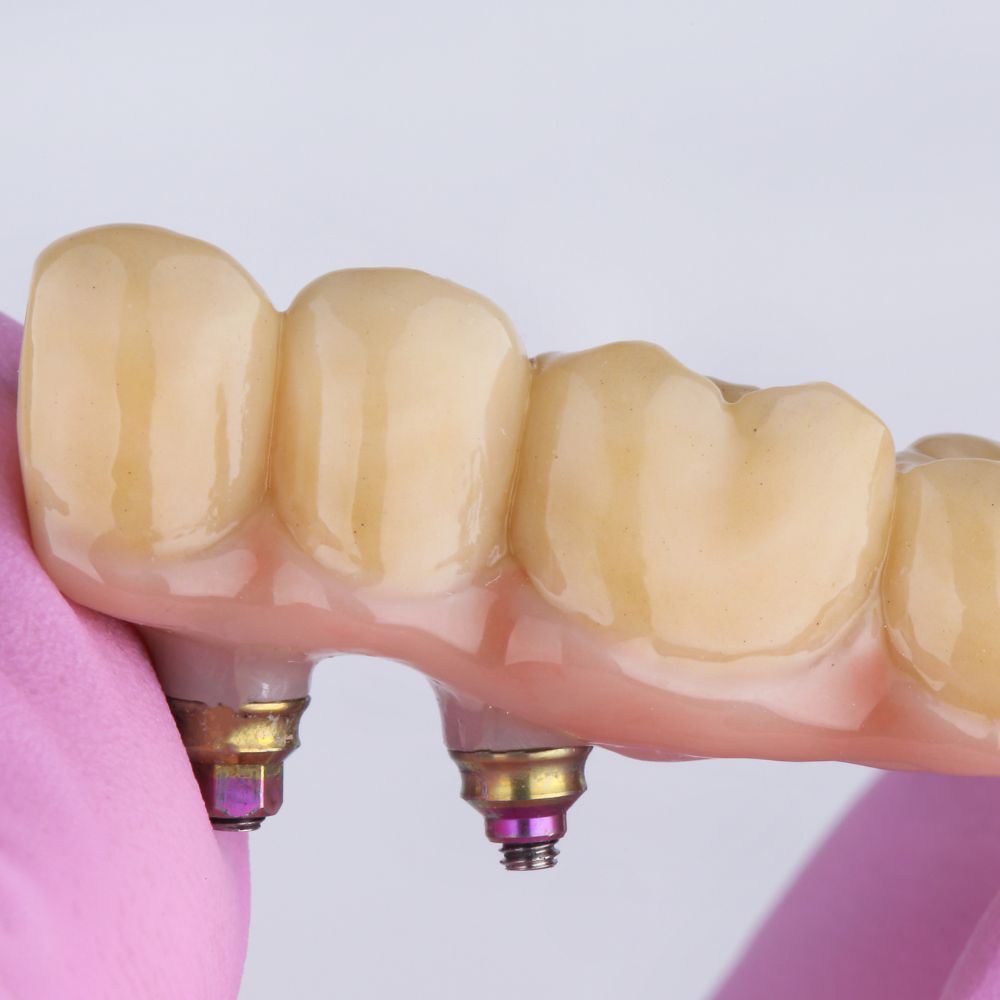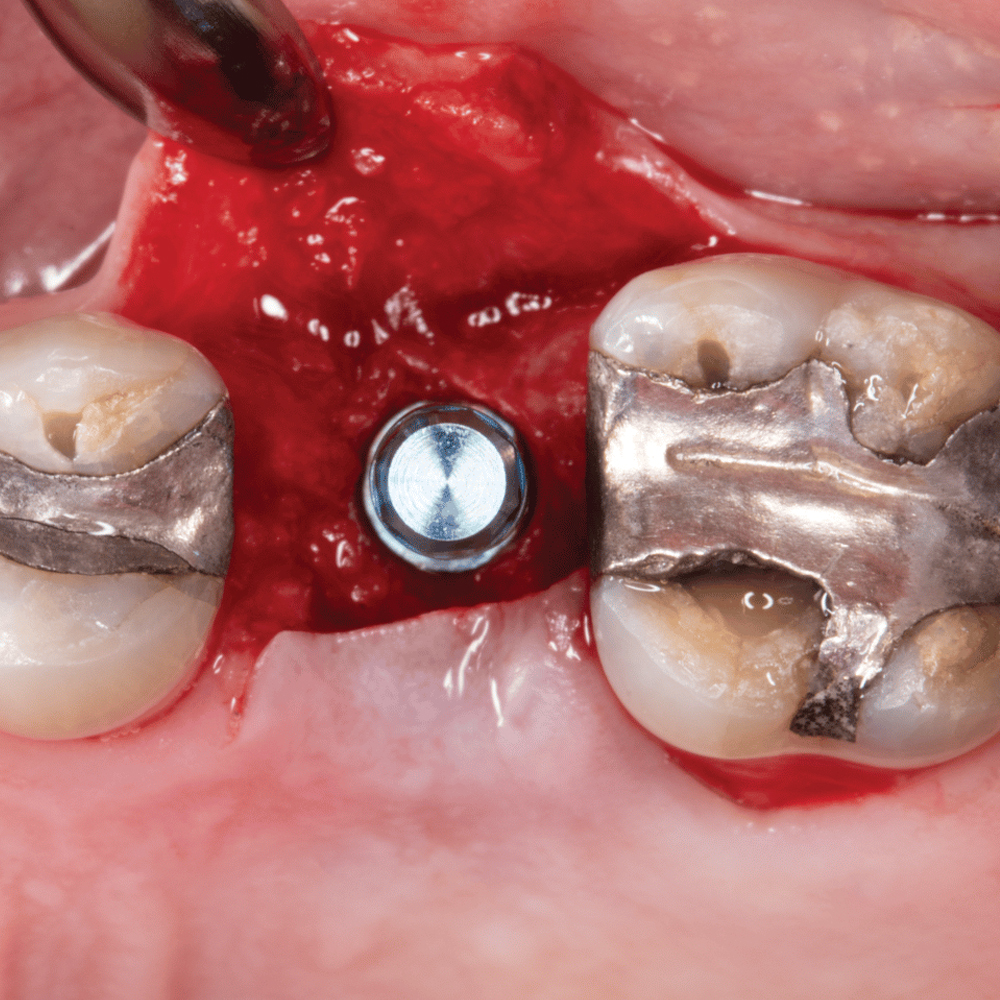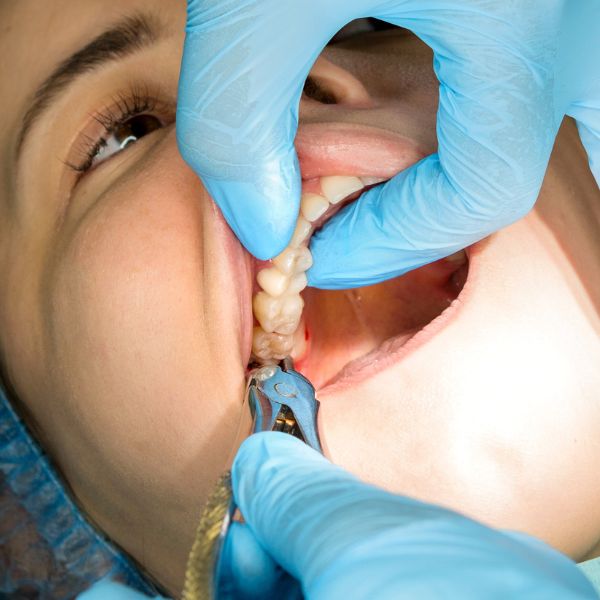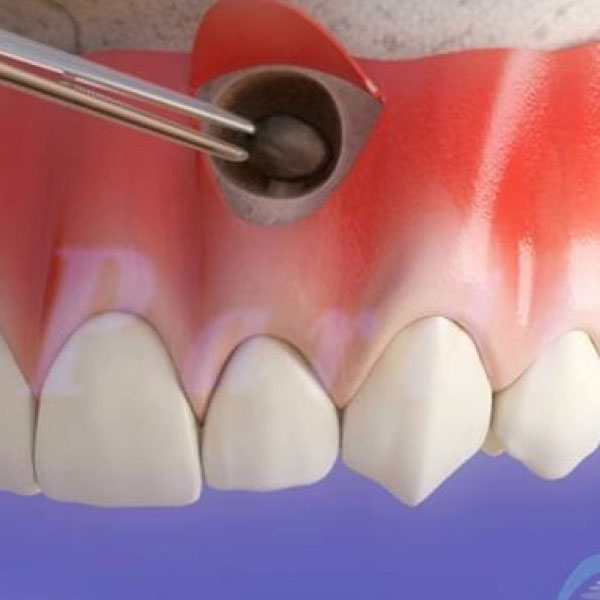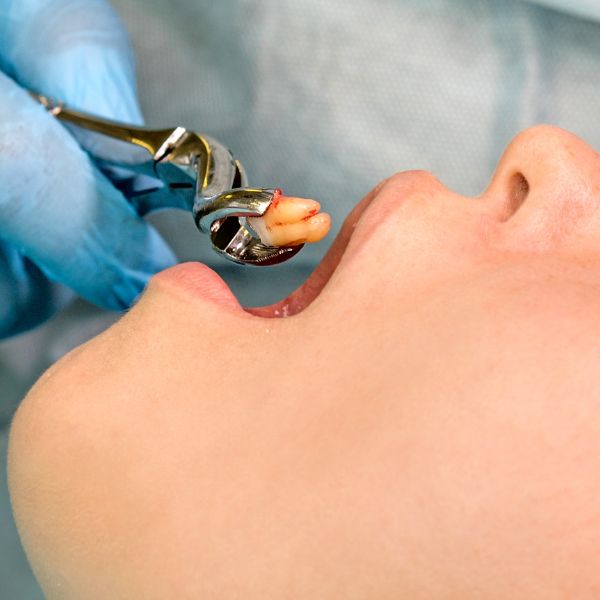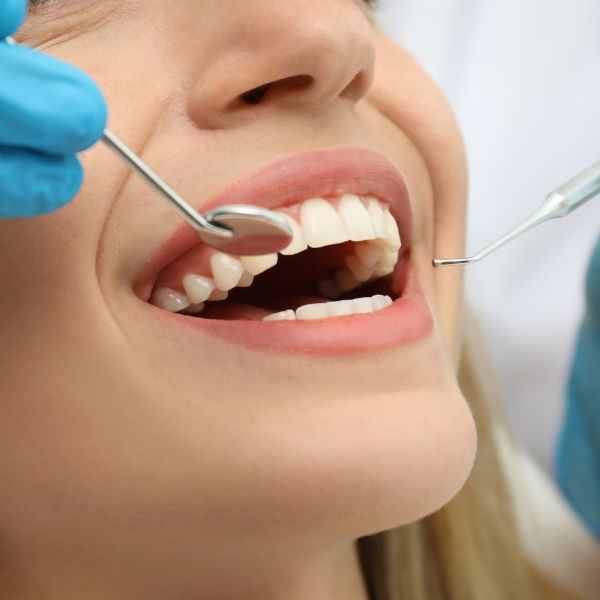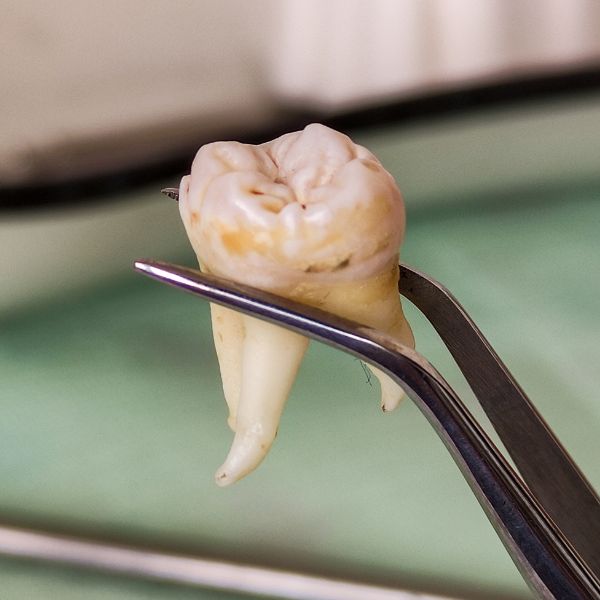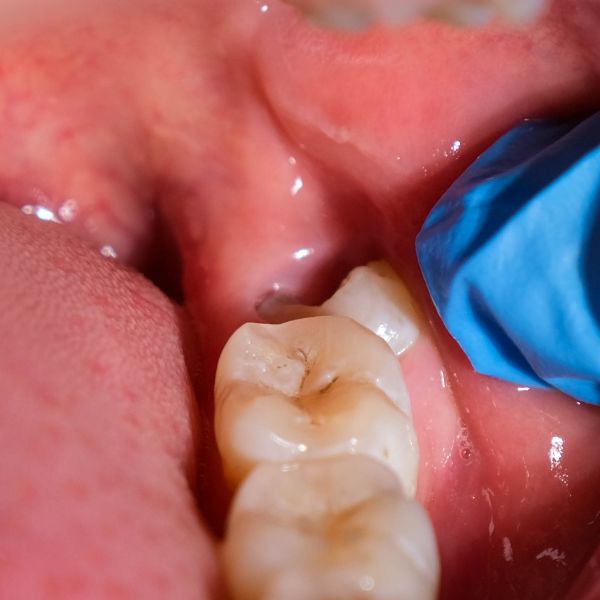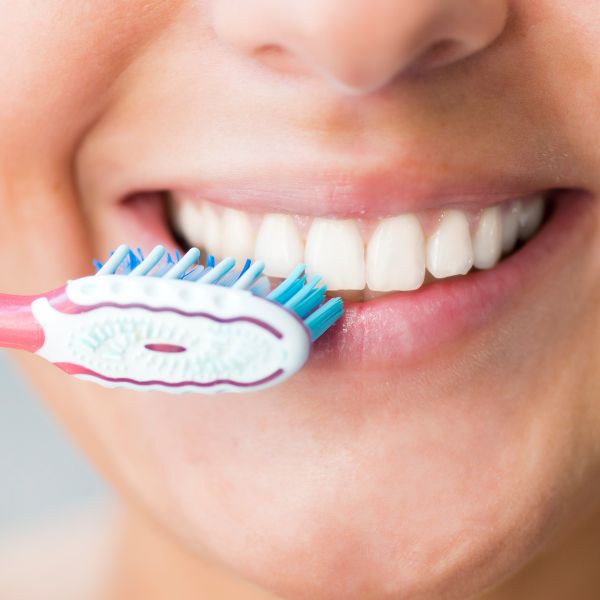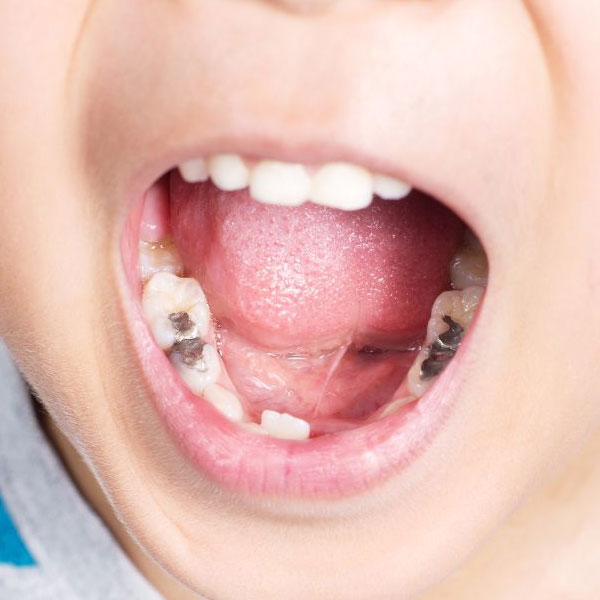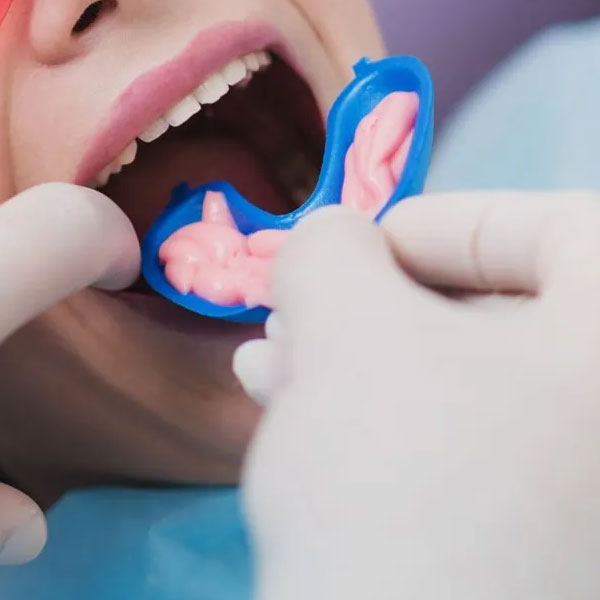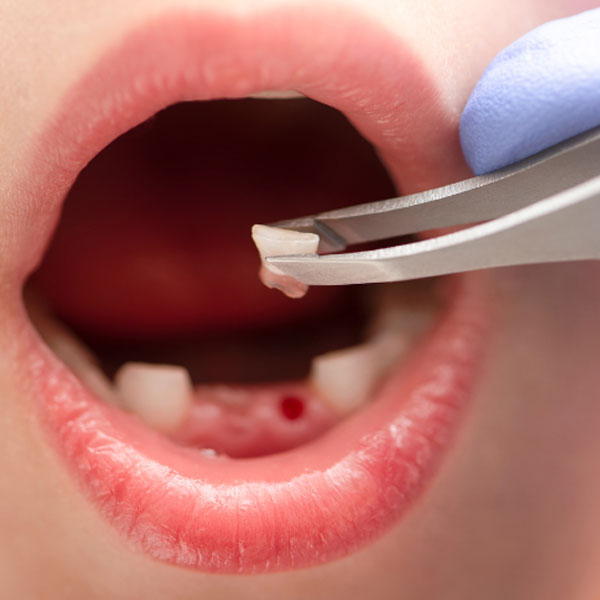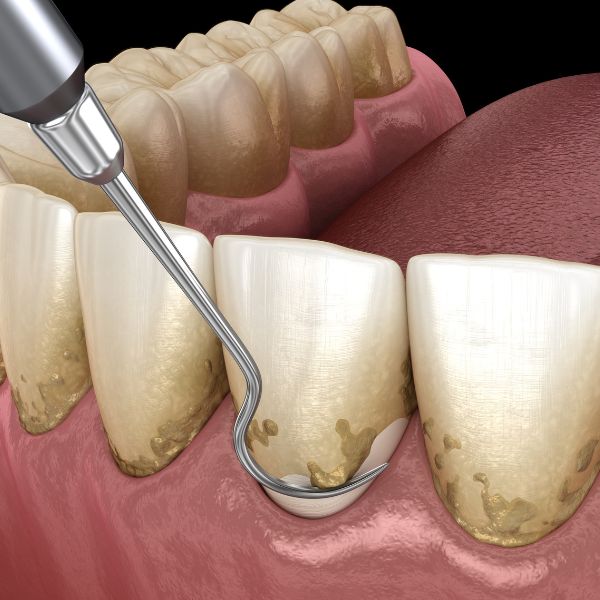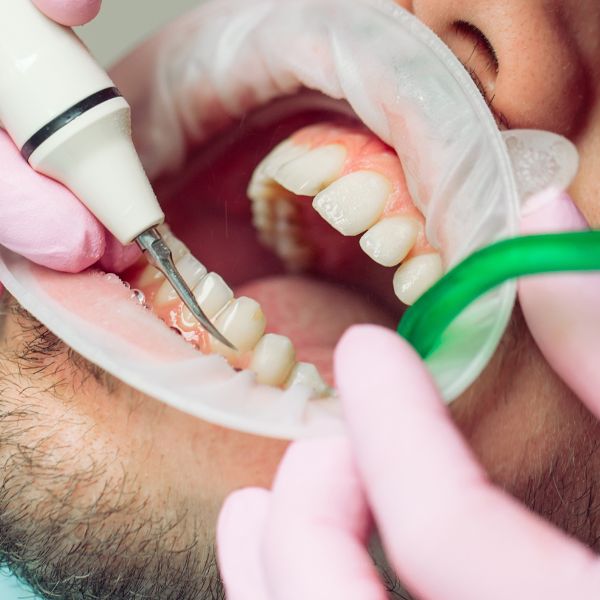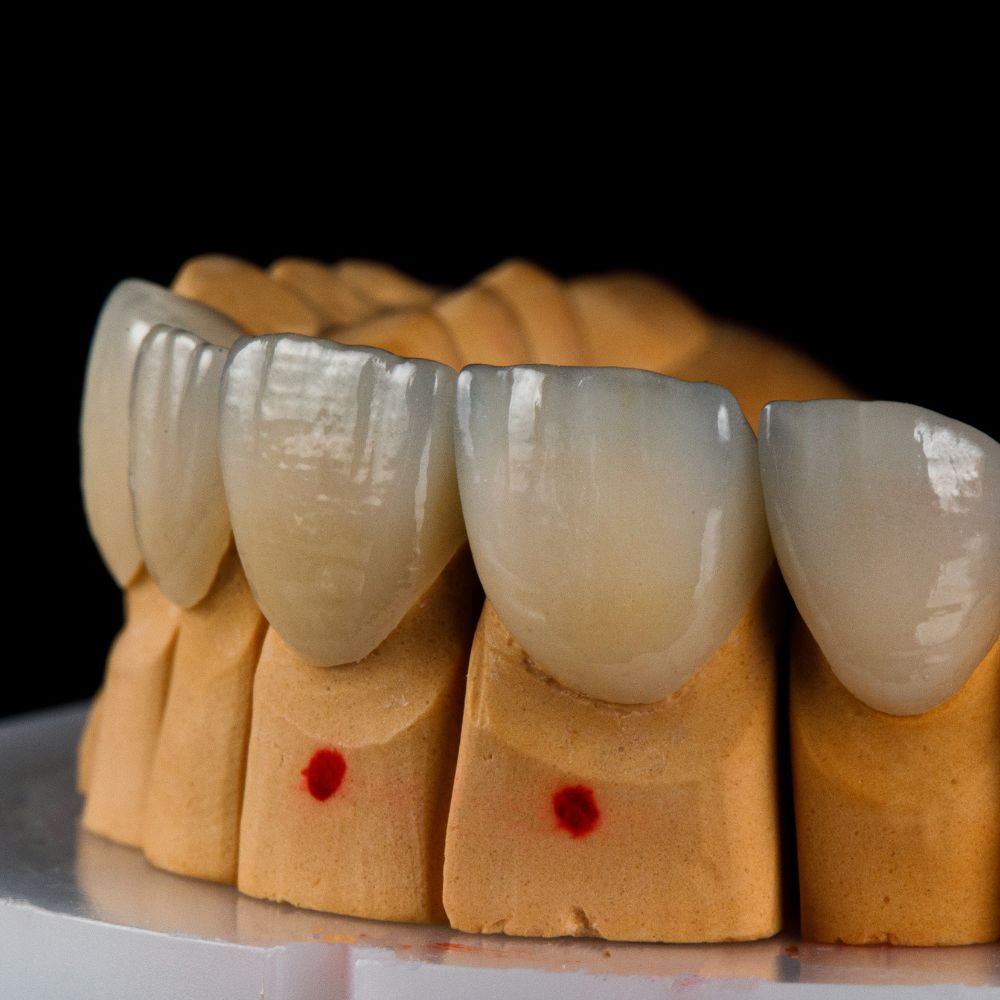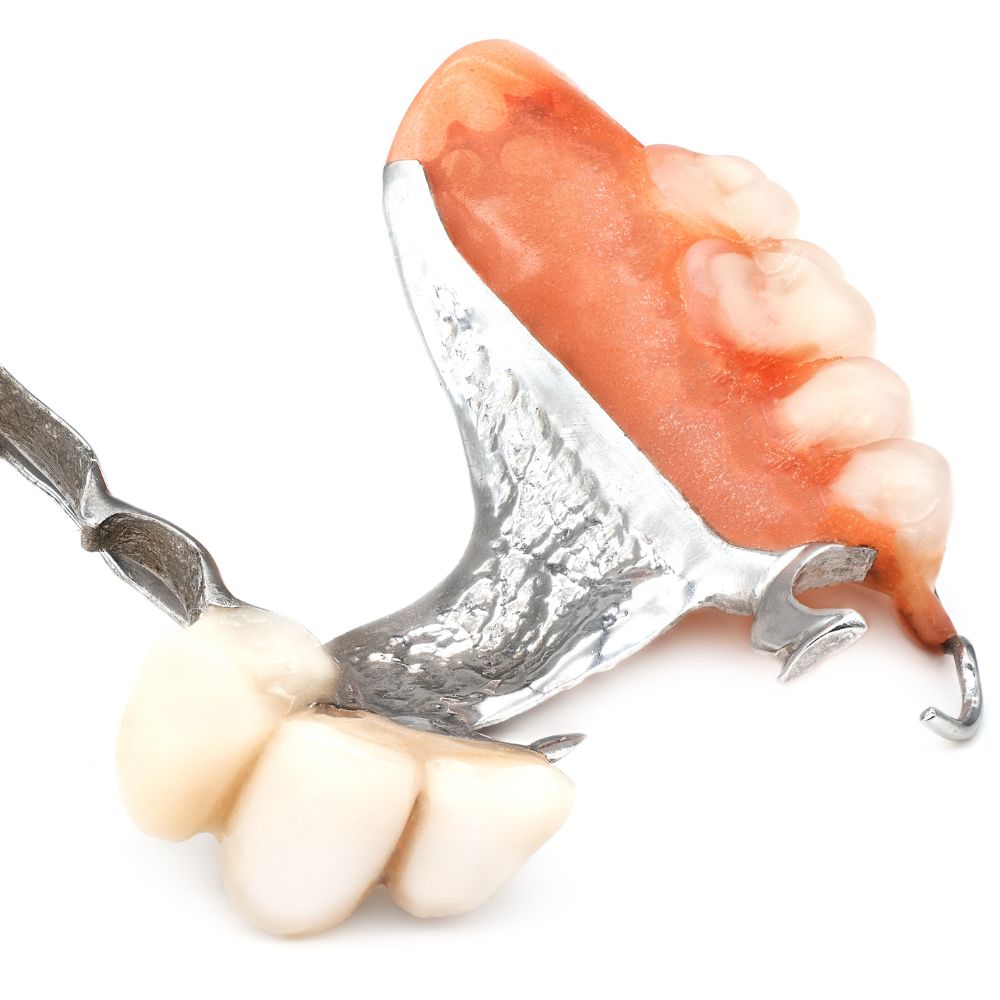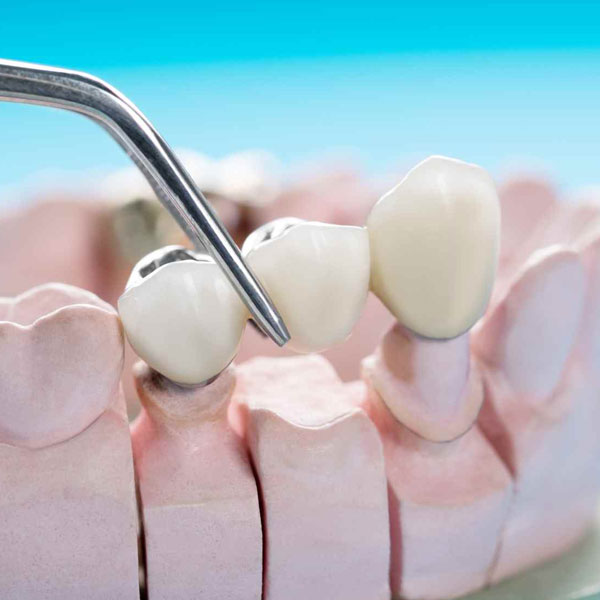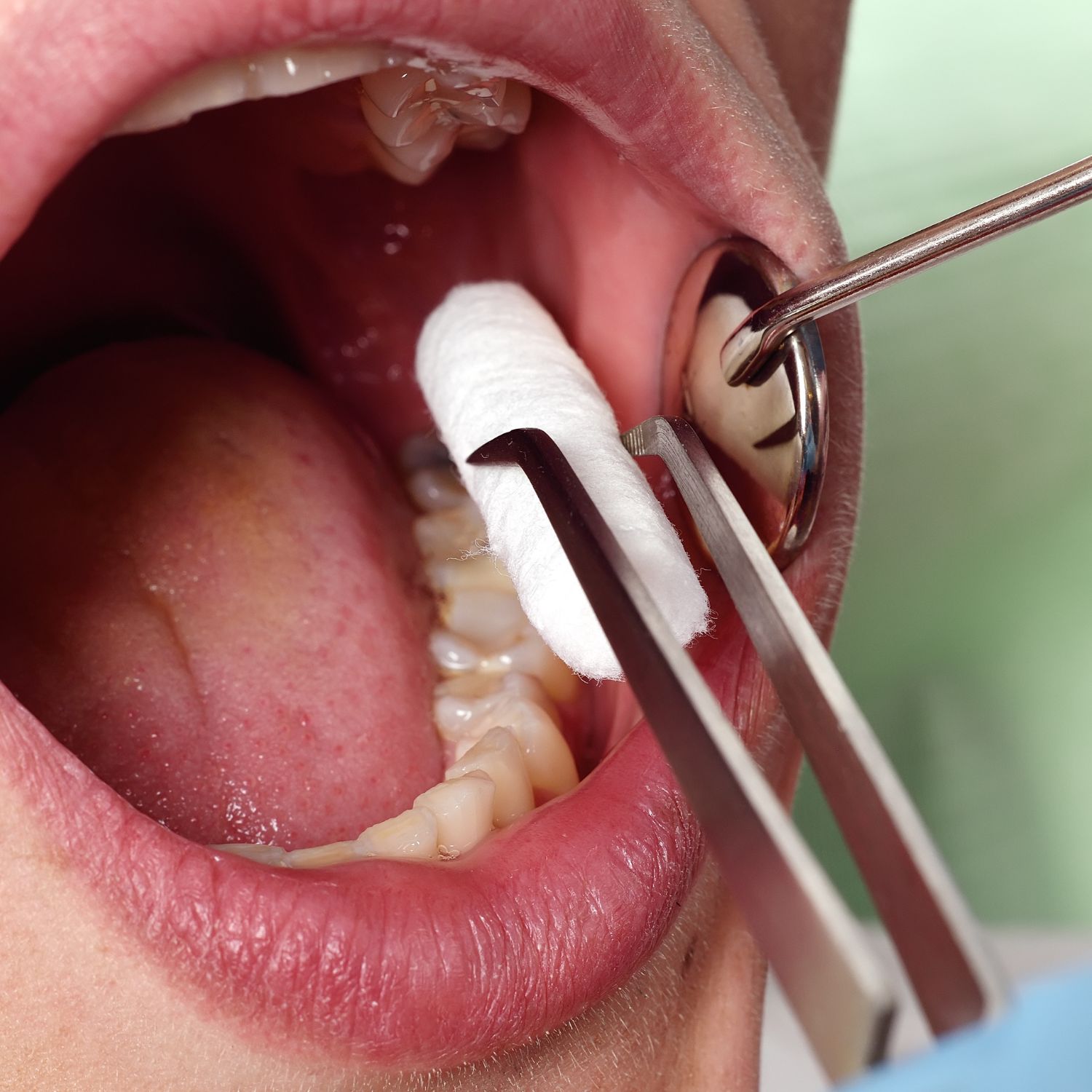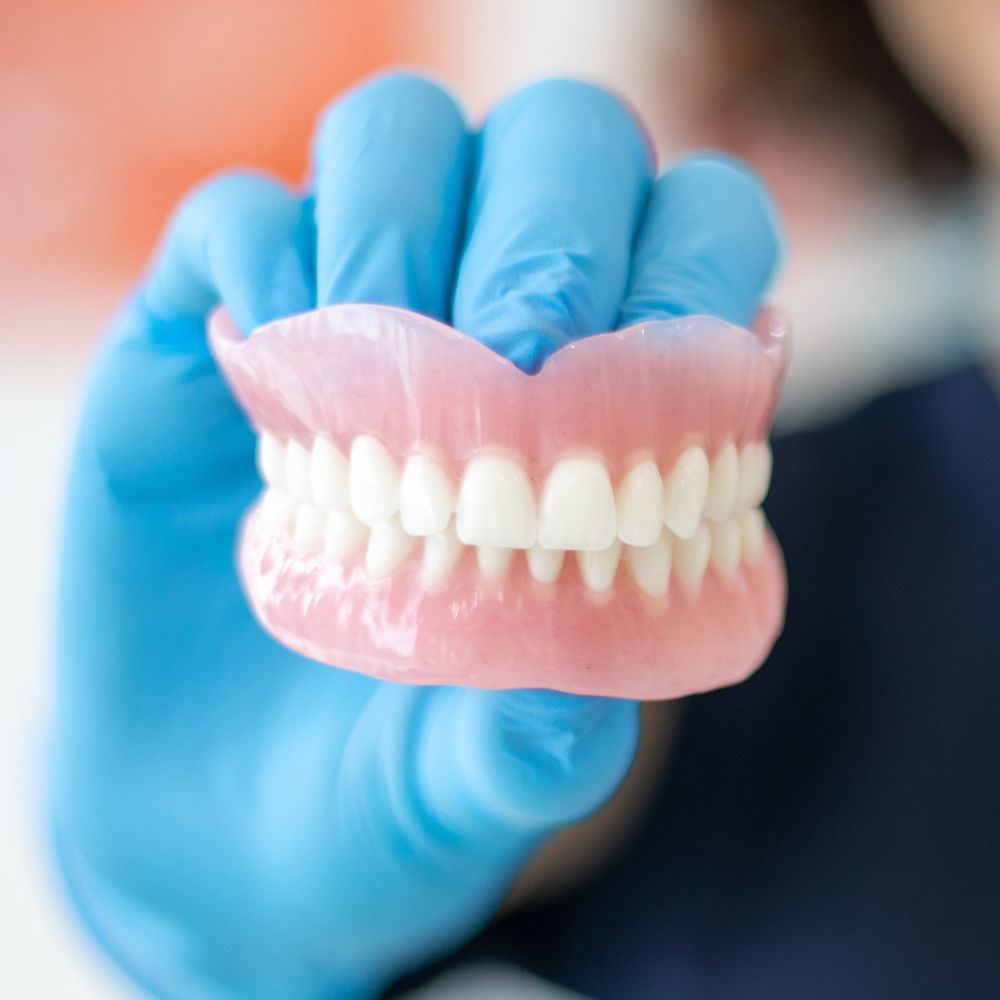Extraction of Enclosed
Caregiver
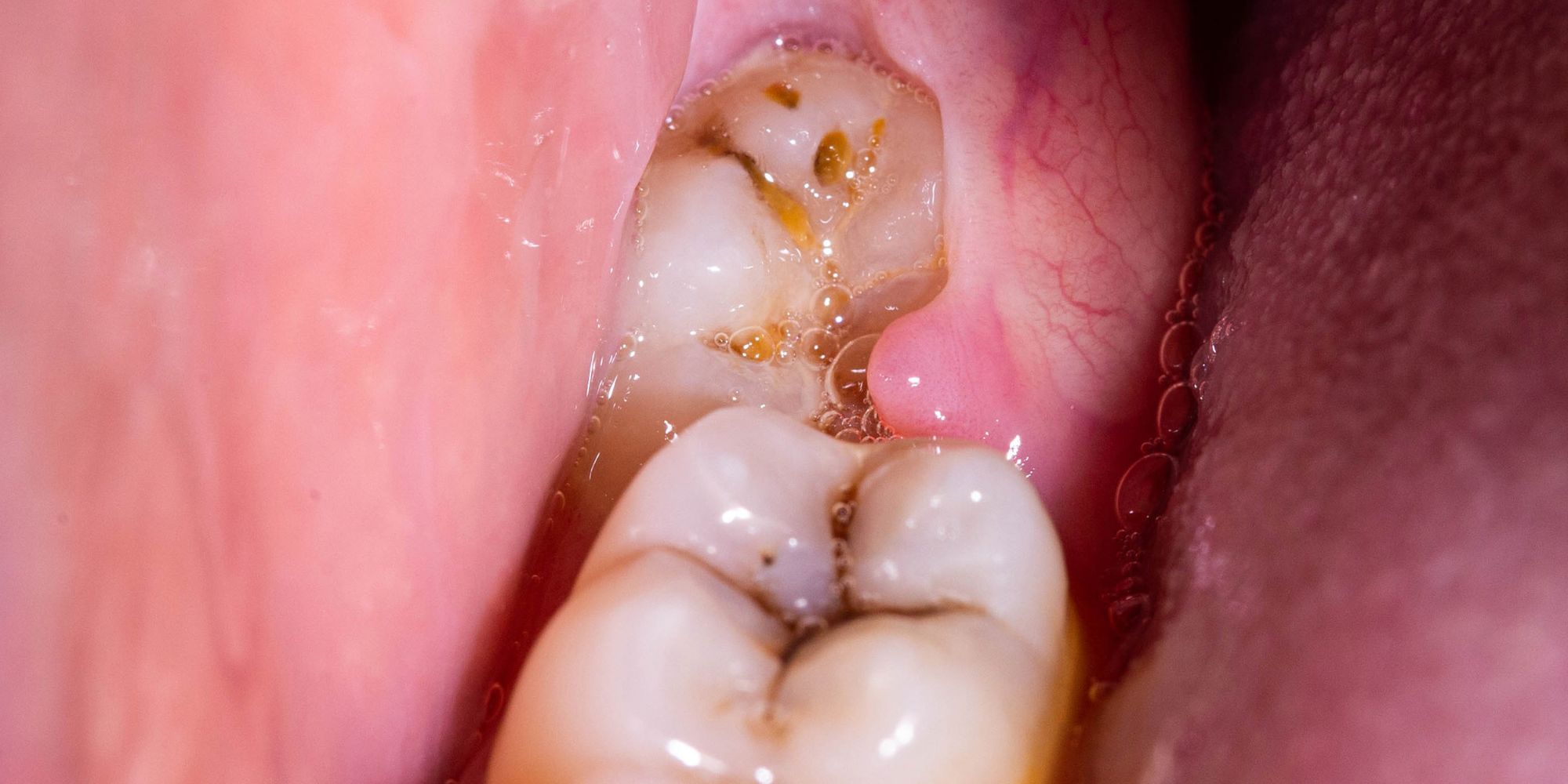
Extraction of Enclosed Fronimite
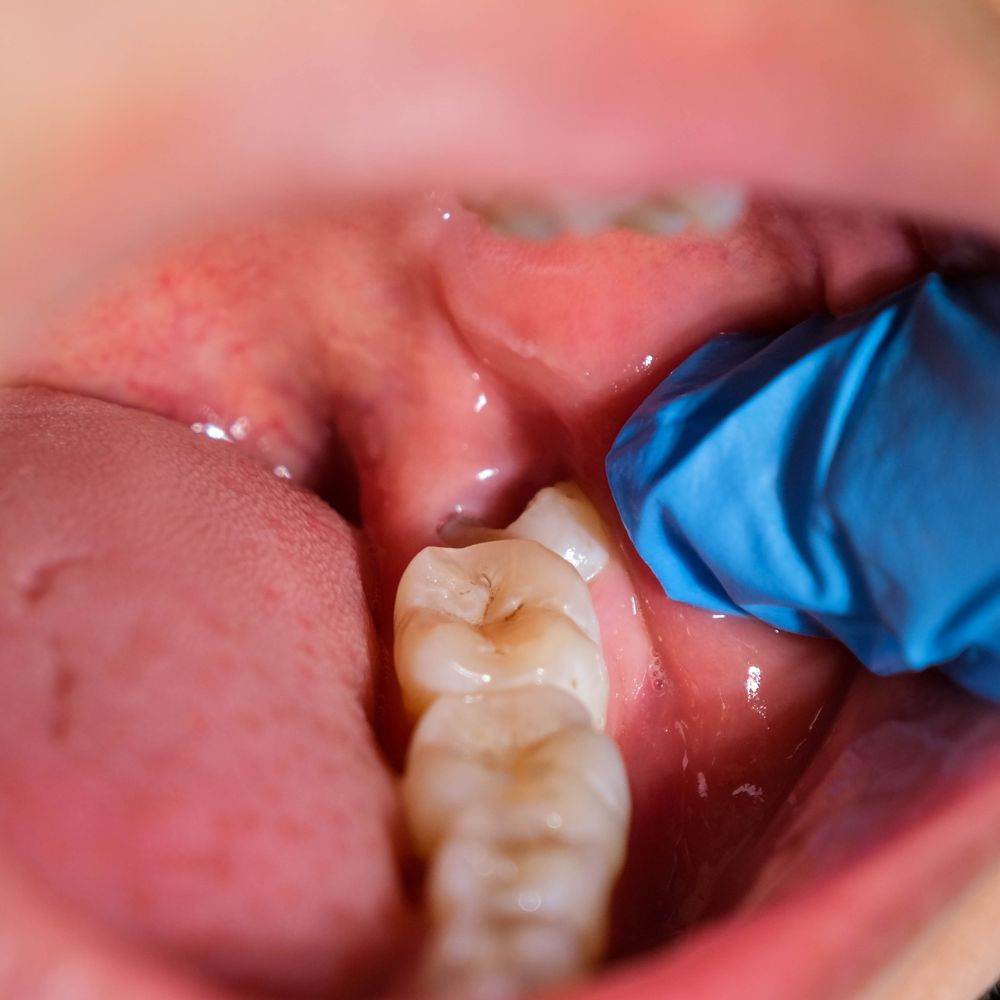
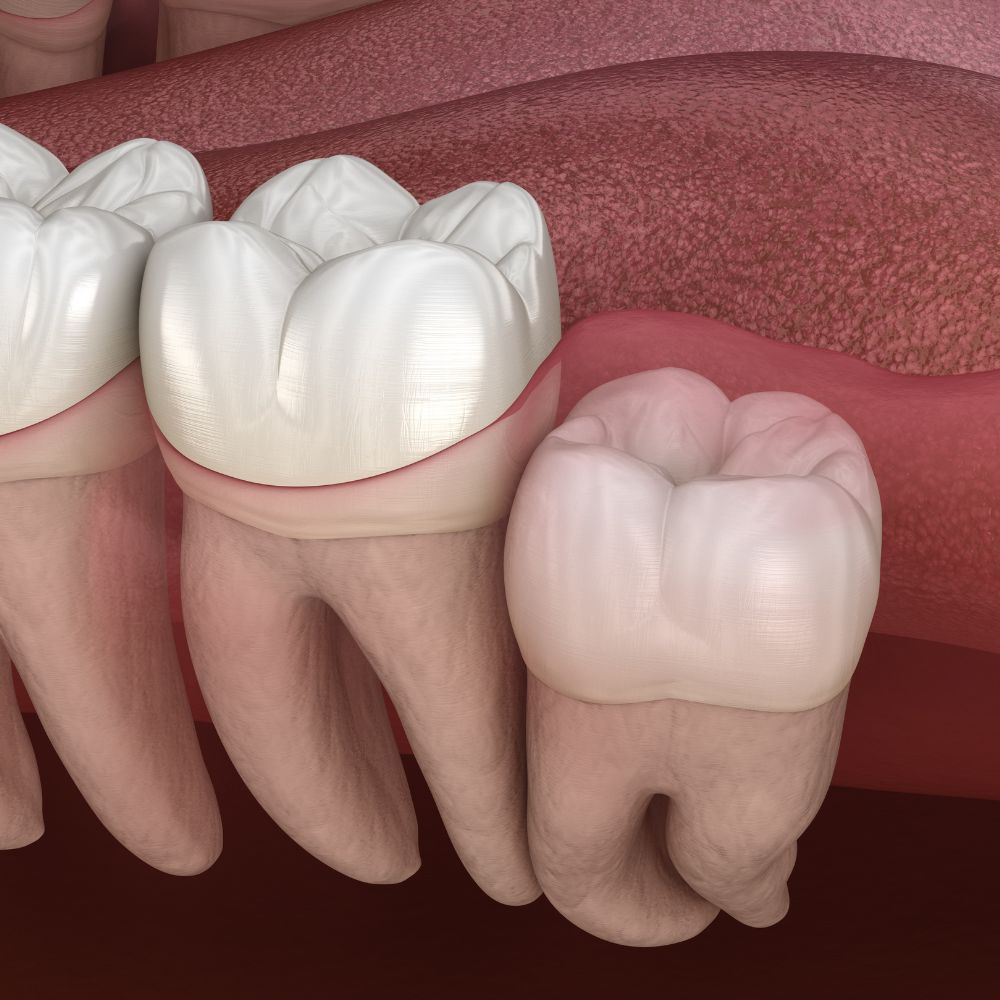
Faq Extracting Embedded Fronimite
What is the procedure for extracting impacted wisdom teeth?
The process begins with a comprehensive examination of the affected area, which may include dental x-rays to assess the position and condition of the affected tooth. Depending on the complexity of the case, the extraction can be performed under local anesthesia or general anesthesia for optimal comfort. The dentist will carefully make an incision in the gum tissue to gain access to the impacted tooth and gently remove it. After extraction, the area is thoroughly cleaned and stitches may be placed to help the healing process.
What is the required care after wisdom tooth extraction?
Your dentist will provide you with specific instructions for care, which may include pain management techniques such as over-the-counter pain relievers or prescription medications. It is important to follow a soft food diet for the first few days after extraction and avoid vigorous rinsing or spitting. Maintaining good oral hygiene practices, including gentle brushing and rinsing with a saline solution, can also aid in the healing process.
What are the symptoms of an impacted wisdom tooth?
Symptoms of an impacted wisdom tooth may include pain or tenderness in the affected area, swelling, redness or infection around the gum line, difficulty opening the mouth, and bad breath.
Why is it necessary to extract an impacted wisdom tooth?
Tooth extraction is necessary to prevent possible oral health complications. If an impacted tooth is left untreated, it can lead to infections, damage to adjacent teeth, cysts or tumors, and misalignment of surrounding teeth. By extracting the tooth, these risks can be avoided.

